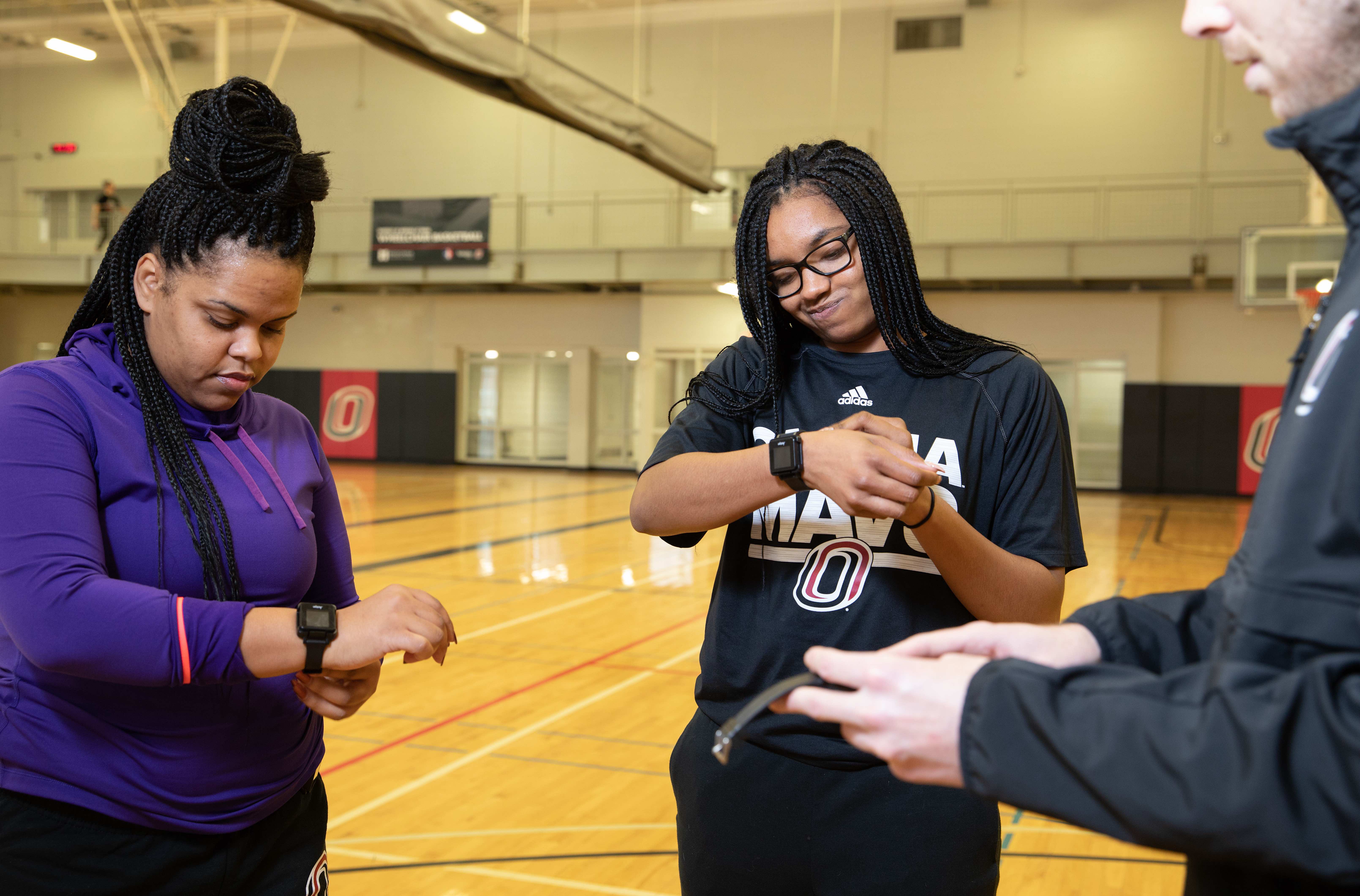Students in the Physical Activity in Health Promotion program gain knowledge of “best practices” on how to encourage physical activity in a variety of settings and populations. Additionally, students learn about how to appropriately measure the impact of physical activity promotion efforts.

Putting theory into practice is emphasized in the Physical Activity in Health Promotion concentration by providing students with a wide variety of practical and professional experiences.
Students have the opportunity to become directly involved with community organizations while they are working toward their master's degree.
A concentration in Physical Activity in Health Promotion prepares students for:
- Research/graduate assistantships for Ph.D. programs in related fields
- Worksite wellness management, physical activity implementation, weight management and childhood obesity programs
- Community, private, or hospital-based health/fitness programs such as:
- Primary/secondary/post-secondary educational institutions
- YMCAs/YWCAs
- Health/fitness clubs
- Hospital health/fitness programs
Curriculum
Students receive a multidisciplinary academic background. The curriculum is based on competencies for:
- Worksite Health Professionals, published by the American Journal of Health Education
- Physical Activity in Public Health Specialist, published by ACSM (American College of Sports Medicine)
- NPAS (National Physical Activity Society)
The Graduate Program in Physical Activity in Health Promotion has two MS degree options:
- Thesis (30 semester hours of coursework and 6 semester hours of thesis) and
- Non-thesis (36 semester hours of coursework and a comprehensive exam)
Application Requirements
Please visit the Office of Graduate Studies website to learn more information about Domestic and International graduate admission process.
In addition to the Office of Graduate Studies application requirements, the School of H&K requires the following:
- Two letters of recommendation
- Statement of goals and rationale for entering the graduate program (maximum of 300 words)
Upon entering the program, students must attend an orientation session and receive an orientation manual containing valuable information to help students be successful in this program.